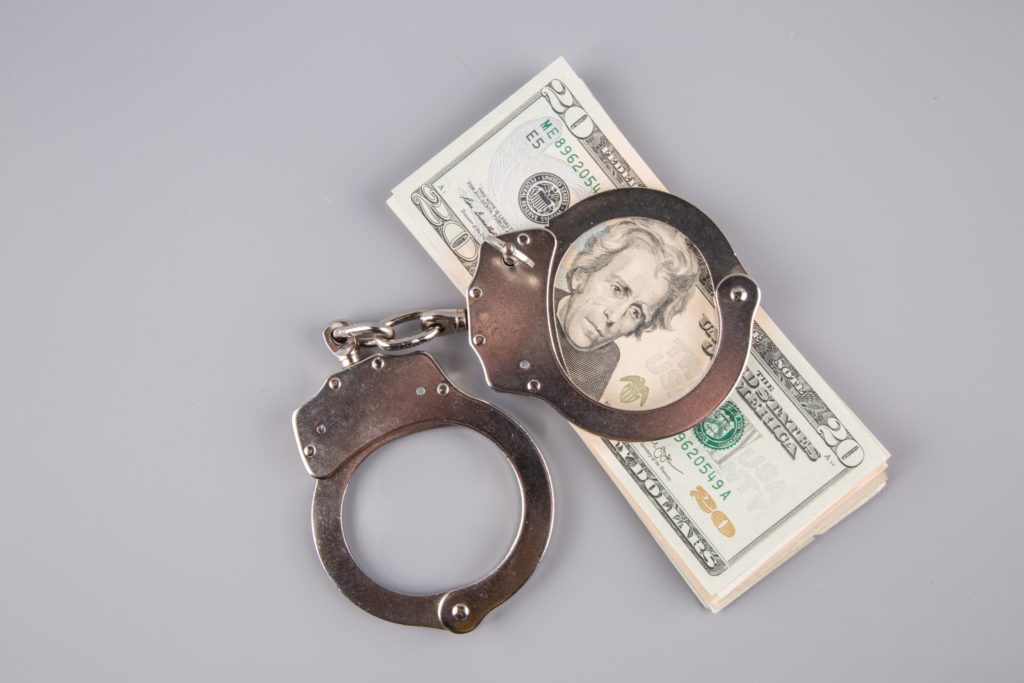On July 1, Novartis Pharmaceuticals Corporation agreed to pay $642 million to settle a False Claims Act case brought by a whistleblower. The federal government claims that Novartis knowingly committed two kinds of fraud: first, that they funneled money through three different foundations to pay for otherwise unaffordable Medicare copays illegally. The second claim alleges that Novartis set up a kickbacks program for doctors and medical professionals to promote their drugs. These claims fall under the purview of the Anti-Kickback Statute, which prohibits any remuneration from encouraging referrals of any item or service that may be covered by Medicare or Medicaid. Improper payment of patients’ copays is considered a kickback under the statute.
To artificially inflate the prices of their drugs Gilenya and Afinitor, Novartis used foundations to illegally pay for hundreds of patients’ copays when they knew that without their help, patients would be unable to afford the drugs. This practice allowed them to charge Medicare much more than they would normally be able to charge for the drug. One purpose of copays is to check how much pharmaceutical companies charge for their drugs by ensuring a percentage of the total cost must be affordable to the patient, even if they are on Medicare or Medicaid. By paying patients’ copays, Novartis was illegally inflating the prices of their drugs.
Novartis also allegedly engaged in another type of fraud: they built a campaign of thousands of speaker programs across the country used to bribe physicians. Novartis paid for expensive meals, top-shelf alcohol, and other lavish rewards to encourage doctors to prescribe their drugs. The government alleges that Novartis’s top management was involved in this scheme and directed sales representatives to drop doctors from the program who did not participate in the fraudulent activity. Sales representatives often picked high-volume prescribers of their drugs as speakers. Many events that were supposed to have an educational basis took place in restaurants, and no discussions of Novartis drugs took place. Many other events never even took place. Novartis agreed to pay over $591 million to the state and federal governments to resolve claims that it violated the False Claims Act.
Whistleblower Oswald Bilotta, a former Novartis sales representative, first brought this qui tam complaint against Novartis in 2014. Under the False Claims Act, whistleblowers, or relators, are entitled to 15 to 30% of the funds the government recovers based on evidence they bring. The final amount of Bilotta’s whistleblower award is still to be determined, but it will undoubtedly be a large sum. The False Claims Act relies on whistleblowers like Bilotta to do the right thing and report fraud when they see it.
Read the DOJ press release: Novartis Pays Over $642 Million to Settle Allegations of Improper Payments to Patients and Physicians
